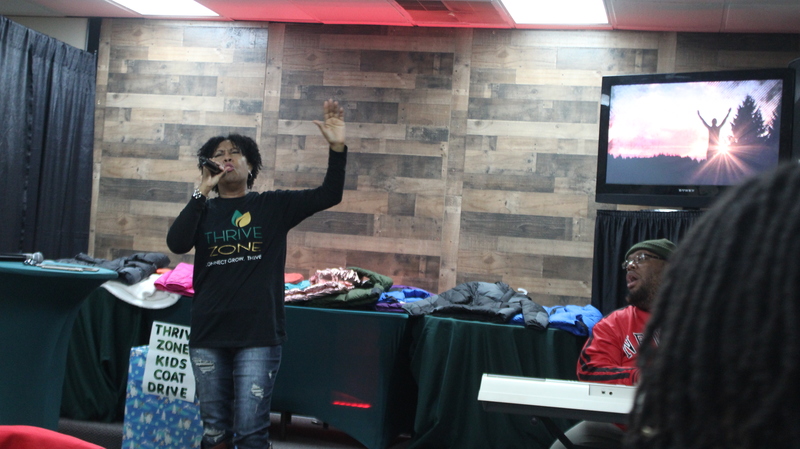It’s the final stretch for the 2020 school year, and in a normal year, it would be filled with several “lasts” that help bring closure for teenagers as they move from one grade to another and enter their summer break. Of course, this year is far from normal.
Teenagers are at home, activities are shut down, and many of those “lasts” are lost.
Schools and churches are launching digital programming to deliver content to the generation of our country that is the most digitally native among us. Other generations are learning and exploring this great new digital land where our teenagers have already built settlements and cities. In many ways, it’s their land, and we are invading it.
And, it’s about time.
Connect with a Teenager.
 The teenagers in your church and community need you at this moment to embrace the awkwardness of discovering a new land in order to reach them. They probably won’t say that to you, and you probably won’t get a welcome party, but they need you there with them, and they are worth it.
The teenagers in your church and community need you at this moment to embrace the awkwardness of discovering a new land in order to reach them. They probably won’t say that to you, and you probably won’t get a welcome party, but they need you there with them, and they are worth it.
This generation of teenagers is the most connected generation we’ve seen, and yet the most disconnected at the same time. They have thousands of surface-level relationships and conversations while few people in their lives truly know them. Anxiety, loneliness, and depression are serious challenges they were already facing before COVID-19 and sheltering in place gained the potential to morph into isolation.
The message of hope found in Jesus is the conversation your teenagers need right now. They need to hear it from you, and they need to be equipped to have that conversation with their friends. In many ways, student ministry has an opportunity at this moment to equip teenagers to talk about their …
News brought to you by Christianity Today




